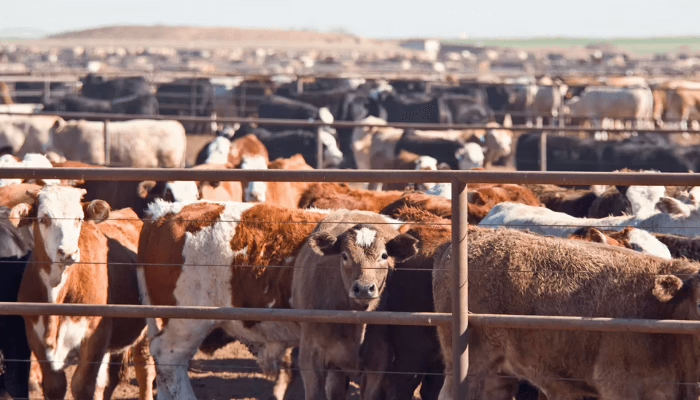Jigawa State Collaborates with Chinese Investors to Boost Livestock Processing Industry
livestock processing plant” loading=”lazy” class=”pl” />
In a strategic move to enhance economic development through the livestock sector, the government of Jigawa State has announced a partnership with Chinese investors aimed at establishing a state-of-the-art livestock processing facility. This initiative is expected to significantly increase value addition within the region’s agricultural industry.
Driving Economic Expansion Through Livestock Value Chains
The collaboration seeks to capitalize on Jigawa’s abundant livestock resources by introducing modern processing technologies that will improve product quality and market competitiveness. By integrating advanced methods, the project aims to create jobs, stimulate local economies, and reduce post-harvest losses, which currently account for a substantial percentage of livestock produce wastage in Nigeria.
Modernizing Livestock Processing: A Step Toward Food Security
With Nigeria’s livestock sector contributing approximately 5% to the national GDP, enhancing processing capabilities is crucial for food security and export potential. The new plant will incorporate hygienic and efficient processing standards, aligning with international best practices. This will not only meet domestic demand but also open avenues for export to neighboring West African countries.
Benefits of Sino-Nigerian Partnerships in Agriculture
China’s expertise in agricultural infrastructure development and technology transfer is expected to complement Jigawa’s livestock resources effectively. Similar partnerships in other Nigerian states have led to increased productivity and improved supply chains. For instance, the recent collaboration in Kaduna State resulted in a 30% rise in processed meat output within the first year of operation.
Looking Ahead: Sustainable Growth and Community Impact
Beyond economic gains, the project emphasizes sustainability by promoting environmentally friendly processing techniques and supporting local farmers through training and capacity building. This holistic approach ensures that the benefits of the partnership extend to rural communities, fostering inclusive growth and resilience in the agricultural sector.























0 Comments